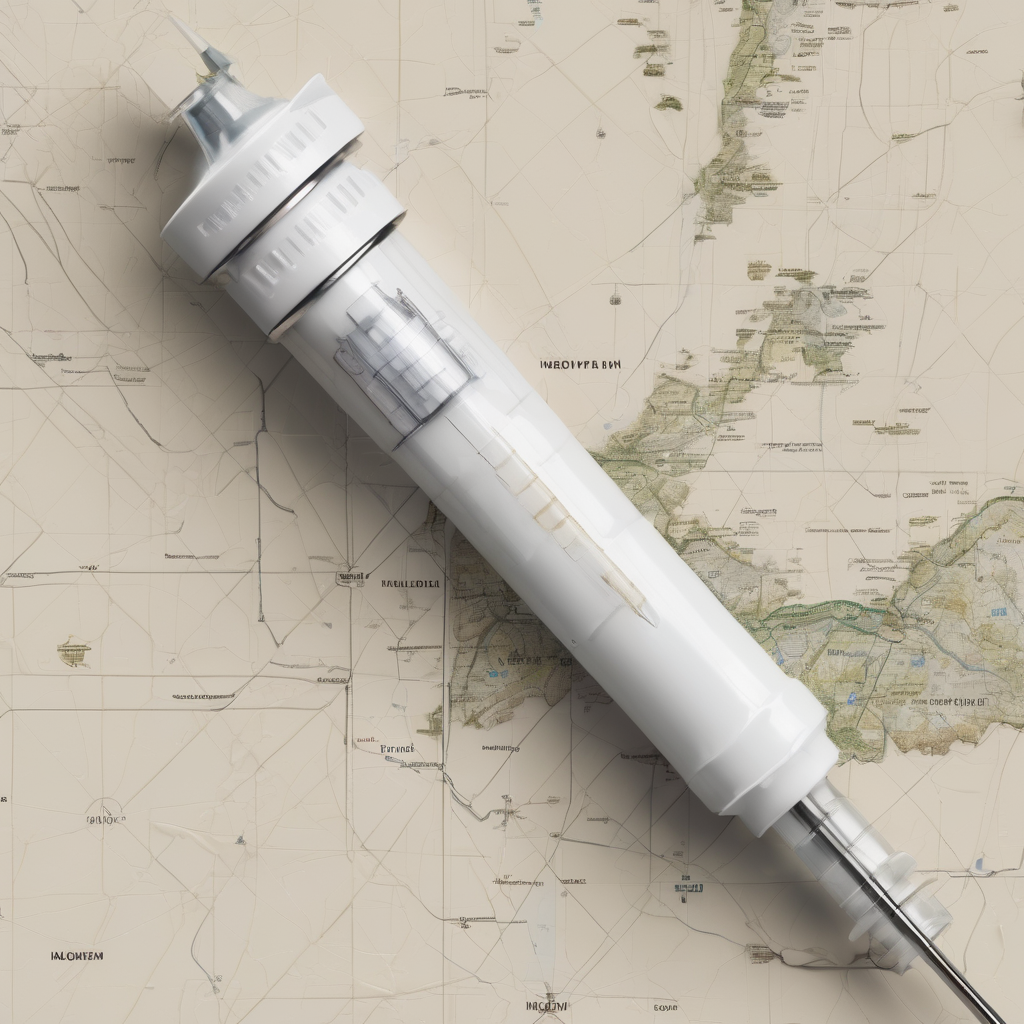The Health Ministry has unveiled plans to introduce a long-acting injectable formulation of Pre-Exposure Prophylaxis (PrEP) as part of its efforts to enhance HIV prevention, especially for those in remote and rural areas. This innovative injection will offer protection against HIV for up to six months per dose, specifically targeting high-risk groups that may struggle to comply with daily medication regimens.
Assistant Minister for Health Penioni Ravunawa stressed the significance of this new intervention, highlighting obstacles such as travel distances, financial costs, and social stigma that often impede consistent access to HIV medications. Currently, roughly 38% of individuals diagnosed with HIV are regularly replenishing their medications, revealing a considerable gap in treatment adherence which the injectable PrEP aims to bridge.
The Ministry is in the final stages of securing cabinet approval to include this injectable PrEP in the national HIV response strategy. Ravunawa described the ongoing efforts to advance this policy as a “work in progress.”
Health Minister Dr. Atonio Lalabalavu echoed the initiative’s alignment with a broader plan to reduce HIV rates, indicating that the introduction of injectable PrEP is expected to enhance adherence and ultimately decrease the number of new infections. The urgency for effective HIV prevention is further underscored by the rising cases, particularly among marginalized communities.
The rollout of injectable PrEP reflects an increasing recognition of the critical need for accessible preventive measures in the context of escalating HIV transmission rates. This strategic pivot, combined with initiatives for community engagement and educational campaigns, fosters a more inclusive and effective solution for tackling HIV in Fiji.
These initiatives bring hope for those at risk, with the potential for significant reductions in HIV infections and the cultivation of a supportive environment for affected individuals. By enhancing access to prevention tools and treatment, communities can not only overcome the stigma associated with HIV but also improve overall public health outcomes, marking a promising step forward in the fight against the virus.
